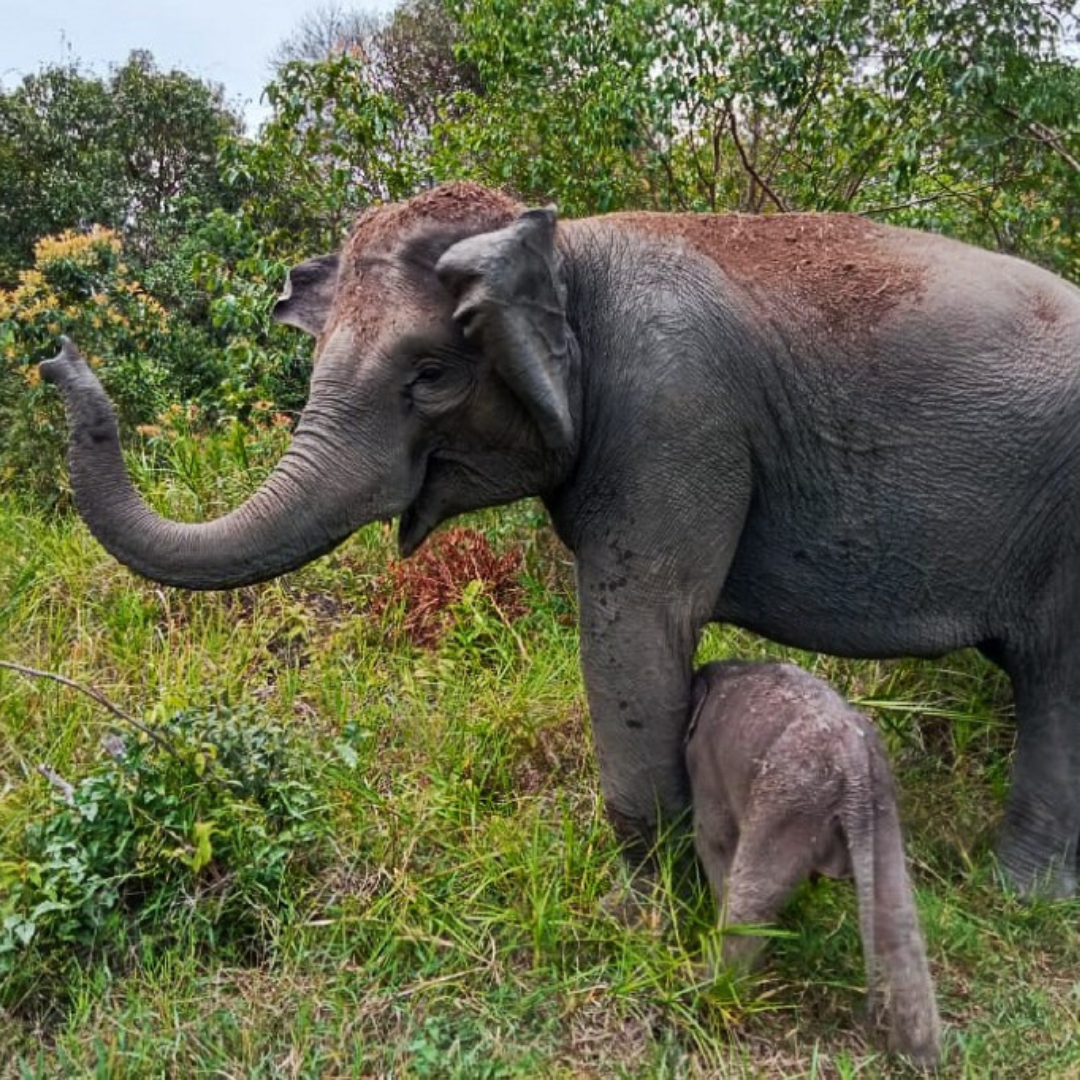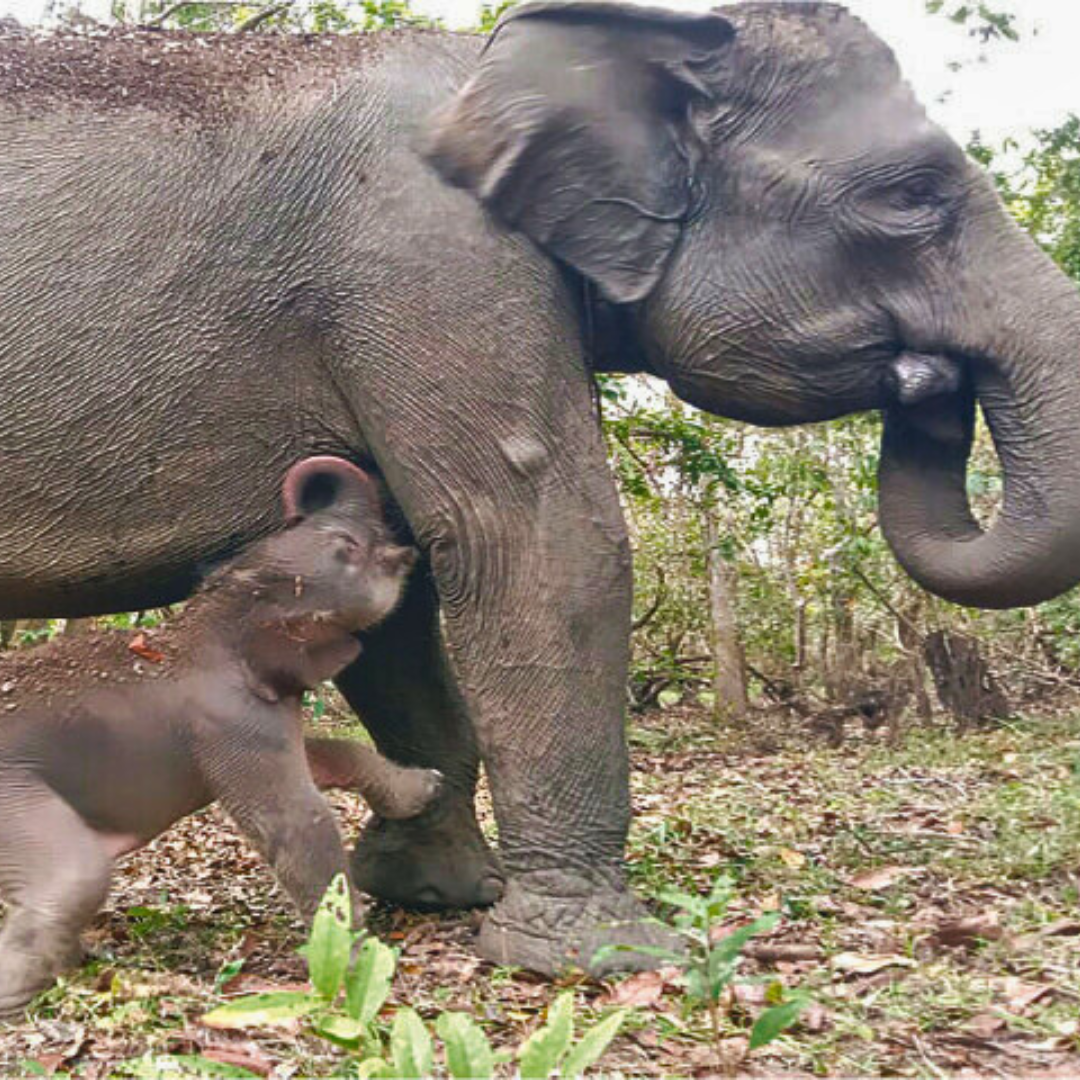The birth of a Critically Endangered Sumatran elephant brings renewed optimism and hope to elephant conservation.
A Ray of Hope: New Life in Way Kambas National Park
In a heartening turn of events, the Way Kambas National Park in Lampung province, southern Sumatra, welcomed a new member to its Critically Endangered Sumatran elephant population. On November 28th, 2023, Riska, an elephant at the Elephant Response Unit (ERU) Bungur, gave birth to a healthy male calf weighing 108 kilograms (238 pounds). The successful birth is a testament to ongoing conservation efforts, providing a glimmer of hope for a species on the brink of Extinction.
The Significance of the Birth
The birth of this yet-to-be-named male calf adds to a series of positive events in recent months, including the arrival of a Sumatran rhino and another baby elephant. Conservation officials are cautiously optimistic, hoping that these births signal successful conservation practices within the national park.
The Challenges Faced by Sumatran Elephants
Sumatran elephants face numerous threats, pushing them to the edge of Extinction. With only 2,400-2,800 individuals remaining globally, rampant poaching for their prized tusks in the illegal wildlife trade poses a severe danger to their survival. The archipelago nation is also grappling with wildlife crime, including cases of elephant poisoning, further jeopardizing the fragile population. Deforestation has encroached upon their natural habitat, leading to increased human-elephant conflict as the elephants venture into populated areas in search of resources.
Conservation Efforts at Way Kambas National Park
Way Kambas National Park, spanning 125,631 hectares, is home to over 10% of the remaining wild Sumatran elephant population. The park is also a refuge for other Endangered species such as the Sumatran rhinoceros, tiger, and tapir. However, illegal activities like logging, poaching, and land cultivation threaten the wildlife within the park. The Human-Elephant Conflict (HEC) exacerbates the situation, leading to crop losses and property damage, creating tension between wildlife and local communities.
To address these challenges, the national park authorities established four Elephant Response Units. These units conduct regular patrols, mitigating HEC issues and reducing illegal activities in their patrolled areas. However, remote regions remain vulnerable to illegal incursions by loggers and poachers due to limited monitoring.
River Patrol Initiatives
To extend the protective umbrella over the entire national park, the International Elephant Project (IEP) has been funding a river patrol team since 2019. Comprising National Park Community Rangers and Forest Police, the team undertakes patrols three to four times per month. The patrols aim to deter poachers, destroy traps and illegal logs, confiscate assets found within the park, and map entry points.
The Impact of River Patrols
Despite the challenges, the river patrol team has already made a significant impact on protecting Way Kambas National Park. As their presence becomes more widely known, it acts as a deterrent to potential perpetrators. Similar successful initiatives elsewhere suggest that the continued efforts of the river patrol team will contribute to the long-term conservation of the park and its inhabitants.
The birth of a healthy Sumatran elephant calf at Way Kambas National Park is a beacon of hope for a species on the verge of Extinction. This positive development, coupled with ongoing conservation initiatives, underscores the importance of collaborative efforts in protecting Endangered wildlife. As we celebrate these successes, it is crucial to continue supporting and expanding initiatives like river patrols that play a vital role in safeguarding the natural habitats of these magnificent creatures. By doing so, we can aspire to ensure a future where Sumatran elephants thrive in their native landscapes.


